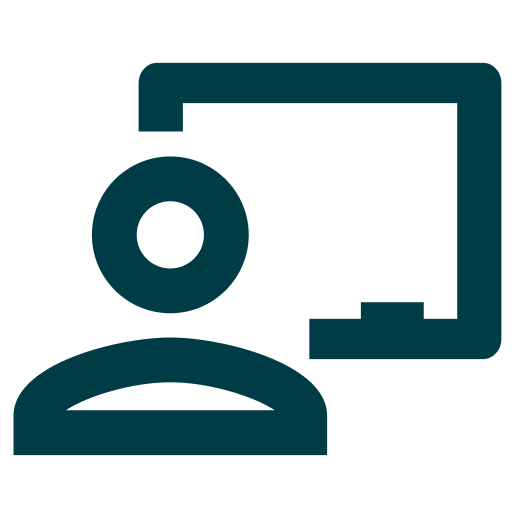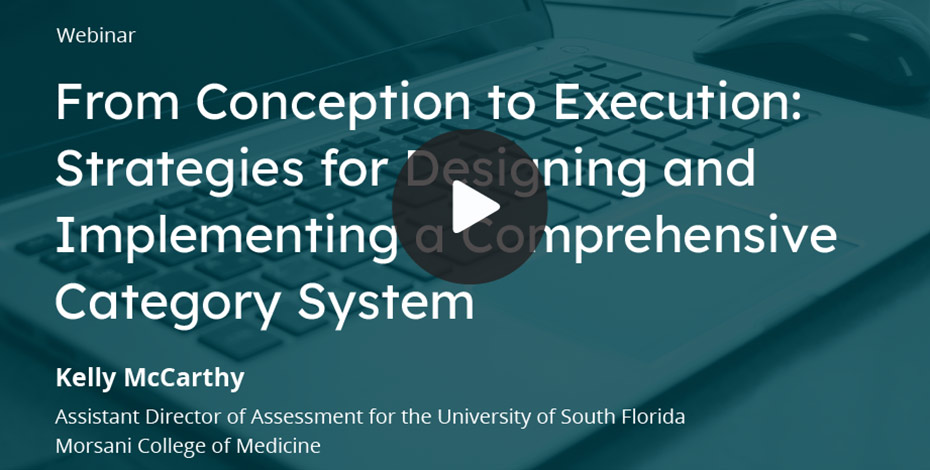Modern workplace dynamics are shifting. Employee demands are changing as individuals are expected to collaborate effectively, even in remote situations, while demonstrating skills and values such as empathy, flexibility, and self-motivation. It is becoming more crucial than ever for individuals to possess “power skills” to manage everyday interactions in professional settings, as well as in life outside of the workplace.
What Are Power Skills?
Power skills are interpersonal, communication, and critical thinking skills, which include decision-making, teamwork, leadership, empathy, creativity, and adaptability. These skills are not technical competencies, but rather social attributes that allow individuals to thrive in professional settings. While these qualities are commonly referred to as “soft skills,” this term may understate the importance of these skills to professional success. An article by Thomson Reuters contends, “Without these so-called soft skills, effective decision-making, teamwork, negotiation, leadership, perseverance, and more — basically anything that helps someone succeed in today’s dynamic business environment — would be deficient.”
Why Is It Important To Teach Power Skills in Higher Education?
The ultimate goal of programs in higher ed is to effectively prepare students for success after graduation. Traditionally, higher education courses teach hard skills, the inverse of power skills, that correspond to trade-related, technical competencies. In terms of career readiness, hard skills are certainly important. However, modern workplaces are increasingly searching for employees with a mix of trade abilities and power skills. In the Society of Human Resources Management’s 2019 report titled “The Global Skills Shortage,” organizations identified “candidates do not have the right workplace (soft) skills” as a top reason that they are struggling to hire.
A 2022 article by EducationNext suggests that employees who possess power skills are more likely to advance in their careers, and even receive higher earnings, than peers without the same skillset. To improve student outcomes post-graduation, many higher education programs are emphasizing power skills in their pedagogy. Instructors can design and plan activities, assignments, and assessments that allow students to explore, practice, and develop power skills, leaving them well-equipped to begin the job search and stay competitive in the marketplace.
How Can Educators Help Students Develop Power Skills?
There are several approaches to developing and assessing power skills. An effective place to start is asking students to engage in a self-reflection exercise in which they rank their skills from weakest to strongest. Knowing students’ self-perceived strengths and weaknesses when it comes to power skills can be useful to inform in-class activities and assessments. For instance, if multiple students report struggling with teamwork, the instructor can structure more learning exercises and quizzes around collaboration.
Depending on the field of study, educators may target specific power skills that students will require for their careers. Dr. Holly Myers, an instructor in the Graduate-Entry Masters (GEM) program at the University of Toledo College of Nursing, uses empathy-building exercises to prepare students in her Maternal-Child course to serve their patient populations. Before conducting the exercises, Dr. Myers asks students to take a pre-intervention assessment that includes empathy-related questions. After students complete the exercises, Dr. Myers delivered a post-intervention assessment with another set of empathy-related questions.
With a digital assessment solution that offers category tagging, Dr. Myers can connect each of the assessment items that measure empathy to empathy-related “categories.” With category-based assessment reporting, Dr. Myers can observe how students’ answers to these questions change before the exercise and after the exercise to determine its efficacy in developing empathy.
What is Category Tagging, and How Can It Support Skills Development?
It is important for higher ed programs to educate with intention, and category tagging can support educators in this mission. Category tagging works by allowing educators like Dr. Myers to connect the objectives that underlie teaching and learning to individual assessment items. Results from assessments with items tagged to specific categories can highlight areas of strength and opportunity for individual students, as well as the entire course, to help educators make informed instructional decisions and track achievement of educational goals.
Delivering a digital exam with questions tagged to skills like critical thinking, problem solving, and flexibility allows instructors to generate detailed reports that break down performance in each of the tagged categories. For instance, these reports may reveal that students are performing well on items that measure problem-solving while struggling with items that measure flexibility. Insights like these help instructors decide to devote more time to planning exercises that help develop students’ inner resources to become more adaptable. On the individual student level, these reports can help learners determine which skills to focus on in the classroom and in their daily lives.
Assessment solutions like ExamSoft offer category-tagging capabilities that can expedite power skills development by guiding instructors to focus their teaching efforts where they’re needed most and helping students identify particular skills for personal development. As power skills continue to drive success in the workplace, programs like the University of Toledo College of Nursing are using ExamSoft to integrate skills development in their efforts to promote career readiness. Contact us to learn how ExamSoft can help your program support student success in higher ed and beyond.
Sources:
Thomas Reuters: Why “Power Skills” is the New Terms for Soft Skills in the Hybrid Work World
Society of Human Resources Management: The Global Skills Shortage
Education Next: “Big Quit” May Force New Focus on Soft Skills and Success
Society of Human Resources Management: In Search of Soft Skills
ExamSoft: University of Toledo College of Nursing Case Study






